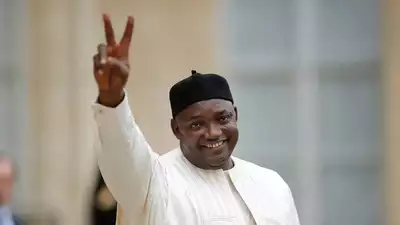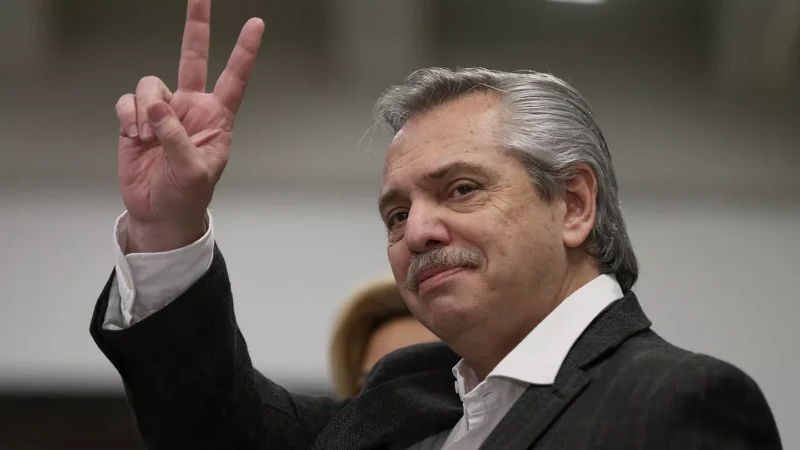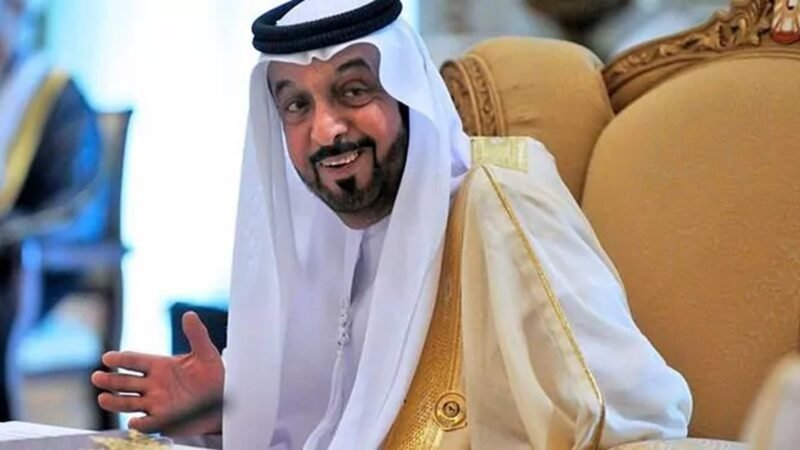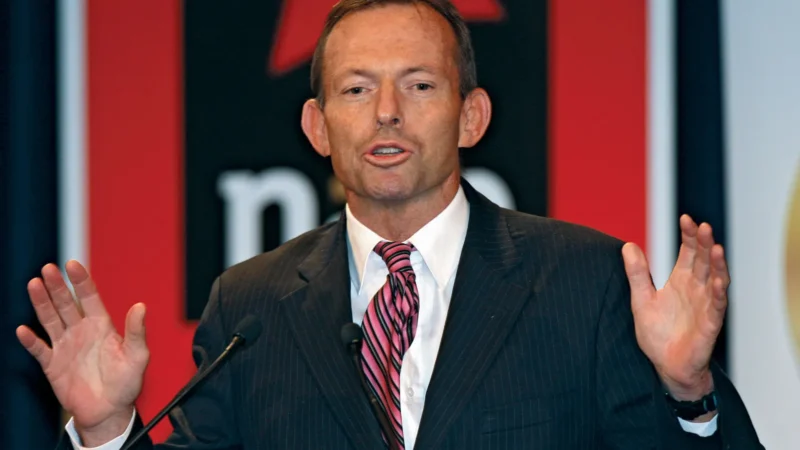Cases, Controversies, and Allegations on Uhuru Kenyatta
Uhuru Kenyatta, the current President of Kenya, has played a significant role in the country’s political landscape for many years. Born into a prominent political family, Kenyatta has served as President since 2013 and has been involved in various leadership positions prior to his presidency.
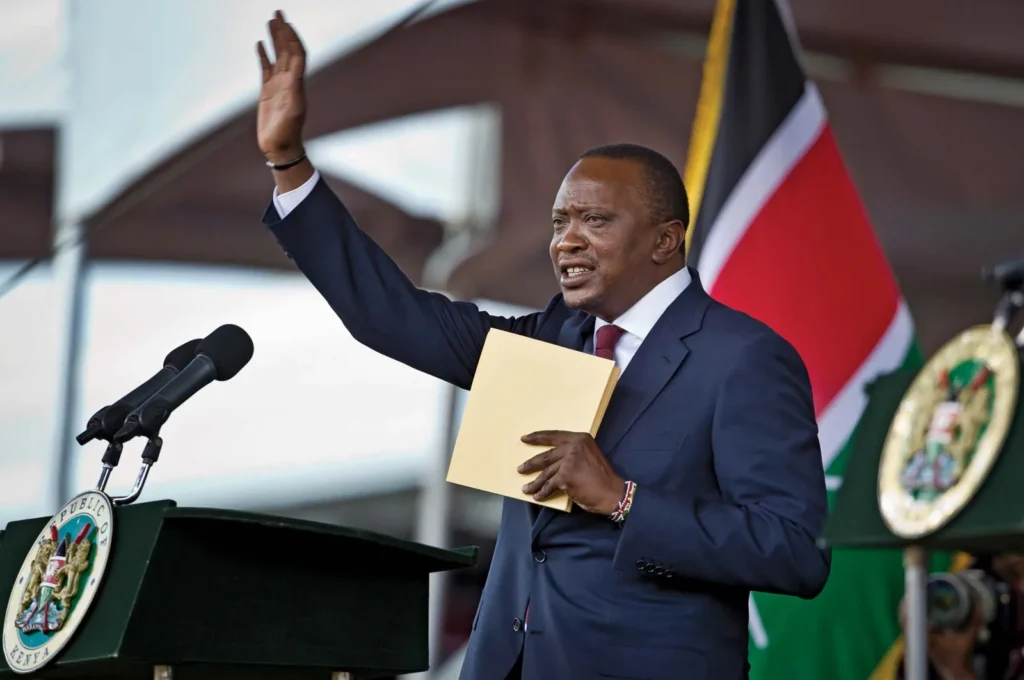
In this blog post, we will explore the political career of Uhuru Kenyatta, delve into ten lesser-known facts about him, estimate his net worth, and provide answers to the five most searched questions about his leadership. Join us as we uncover the fascinating journey of Uhuru Kenyatta in Kenyan politics.
Background and Political Career:
- Family Legacy: Uhuru Kenyatta was born on October 26, 1961, in Nairobi, Kenya. He is the son of Jomo Kenyatta, the first President of Kenya, and his mother, Mama Ngina Kenyatta. His family’s political legacy has had a profound influence on his career.
- Education and Early Career: Kenyatta studied at St. Mary’s School in Nairobi and later attended the International School of St. Andrews in Scotland. He also pursued business studies at Amherst College in the United States.
- Kenya African National Union (KANU): Kenyatta became actively involved in politics in the 1990s and joined the Kenya African National Union (KANU), the political party founded by his father. He held various positions within the party and rose through the ranks.
- Ministerial Positions: Kenyatta served in several ministerial roles under President Daniel Arap Moi’s administration, including Minister of Tourism and Wildlife, Minister of Finance, and Deputy Prime Minister.
- The National Alliance (TNA): In 2012, Kenyatta co-founded The National Alliance (TNA), a political party that later formed the Jubilee Alliance coalition, which successfully contested the 2013 general elections.
- Presidency: Uhuru Kenyatta was elected as the fourth President of Kenya in March 2013. He won re-election for a second term in 2017, following a closely contested election.
Unknown Facts About Uhuru Kenyatta:
- International Criminal Court (ICC) Trial: Before his presidency, Kenyatta faced charges at the International Criminal Court (ICC) in relation to the violence that occurred after the 2007 Kenyan elections. The charges were later dropped due to insufficient evidence.
- Wealth and Business Ventures: Kenyatta comes from a wealthy background and has been involved in various business ventures, including the hospitality industry and real estate.
- Pan-Africanism: Kenyatta is a strong advocate for Pan-Africanism and has actively engaged in regional and continental affairs, including efforts to promote peace and stability in East Africa.
- Building Bridges Initiative (BBI): Kenyatta has been a key proponent of the Building Bridges Initiative, a proposed constitutional reform process aimed at addressing various political and social challenges in Kenya.
- Infrastructure Development: Under Kenyatta’s leadership, significant infrastructure projects have been initiated and completed in Kenya, including the Standard Gauge Railway and major road expansions.
- Digital Transformation: Kenyatta has prioritized digital transformation and technology-driven initiatives, aiming to position Kenya as a leading hub for innovation and entrepreneurship in Africa.
- Social Welfare Programs: Kenyatta has implemented social welfare programs such as the National Hospital Insurance Fund (NHIF) and the National Youth Service (NYS), aimed at improving healthcare and providing employment opportunities for the youth.
- East African Community Integration: Kenyatta has been actively involved in promoting regional integration within the East African Community (EAC) and has worked towards fostering closer ties with neighboring countries.
- Youth Empowerment: Kenyatta has emphasized the importance of youth empowerment and has implemented initiatives to enhance skill development, entrepreneurship, and employment opportunities for young Kenyans.
- Wildlife Conservation: Kenyatta has been a vocal advocate for wildlife conservation and has taken steps to combat poaching and protect Kenya’s diverse wildlife.
Cases, Controversies, and Allegations
- ICC Case: Uhuru Kenyatta faced charges at the International Criminal Court (ICC) related to the violence that erupted in Kenya following the 2007 presidential election. The ICC accused him of crimes against humanity, including murder, rape, deportation, and persecution. However, the case was eventually dropped in 2014 due to lack of evidence and witness intimidation.
- Land Controversies: There have been allegations of Kenyatta family involvement in controversial land acquisitions and disputes. Some critics claimed that Uhuru Kenyatta’s family, including his father, had amassed vast land holdings over the years, leading to accusations of nepotism and unfair land distribution. These allegations have been the subject of public scrutiny and criticism.
- Corruption Allegations: Kenya has struggled with corruption, and during Kenyatta’s presidency, there were allegations of corruption within his government. Several high-profile corruption scandals occurred, such as the National Youth Service (NYS) scandal and the Eurobond scandal. However, it is important to note that Kenyatta has publicly declared his commitment to fighting corruption and has taken some measures to address the issue.
- Security Challenges: Uhuru Kenyatta faced significant security challenges during his presidency, including terrorist attacks by Al-Shabaab, a militant group based in Somalia. The most notable attack was the 2013 Westgate shopping mall attack in Nairobi, which resulted in numerous casualties. Critics argued that his government failed to adequately address the security situation in the country.
- Political Polarization: Kenya has a history of political polarization, and during Kenyatta’s presidency, the country experienced heightened tensions and divisions along ethnic and political lines. The 2017 presidential election, in which Kenyatta was reelected, was marred by controversy and allegations of electoral irregularities, leading to political unrest and protests.
As of my knowledge cutoff in September 2021, Uhuru Kenyatta’s net worth is estimated to be around $500 million.
Q: How has Uhuru Kenyatta contributed to Kenya’s economic development?
A: Kenyatta has prioritized economic development by promoting infrastructure projects, encouraging foreign investment, and implementing policies to spur economic growth in sectors such as agriculture, manufacturing, and technology.
Q: What is Uhuru Kenyatta’s stance on corruption in Kenya?
A: Kenyatta has pledged to tackle corruption and has launched various initiatives to combat graft, including the establishment of specialized anti-corruption units and promoting transparency and accountability in government.
Q: How has Uhuru Kenyatta addressed ethnic and political divisions in Kenya?
A: Kenyatta has emphasized national unity and reconciliation, particularly through initiatives like the Building Bridges Initiative (BBI), aimed at fostering inclusivity and addressing historical grievances and divisions.
Q: What are Uhuru Kenyatta’s key achievements during his presidency?
A: Some key achievements of Kenyatta’s presidency include infrastructure development, expanding access to healthcare, enhancing digital transformation, and promoting regional integration in East Africa.
Q: What challenges has Uhuru Kenyatta faced during his presidency?
A: Kenyatta has faced challenges such as corruption scandals, ethnic tensions, security threats, and socio-economic inequalities. Additionally, his presidency has coincided with significant political reforms and constitutional amendments.
Conclusion: Uhuru Kenyatta’s political journey is intertwined with Kenya’s history and political landscape. From his family’s legacy to his rise within the ranks of the Kenya African National Union (KANU) and his eventual presidency, Kenyatta has played a significant role in shaping the country’s trajectory. Despite facing challenges and controversies along the way, his focus on economic development, regional integration, and addressing social issues has defined his leadership. As Kenya continues to navigate the complexities of governance and development, the influence of Uhuru Kenyatta’s presidency will continue to shape the nation’s future.
